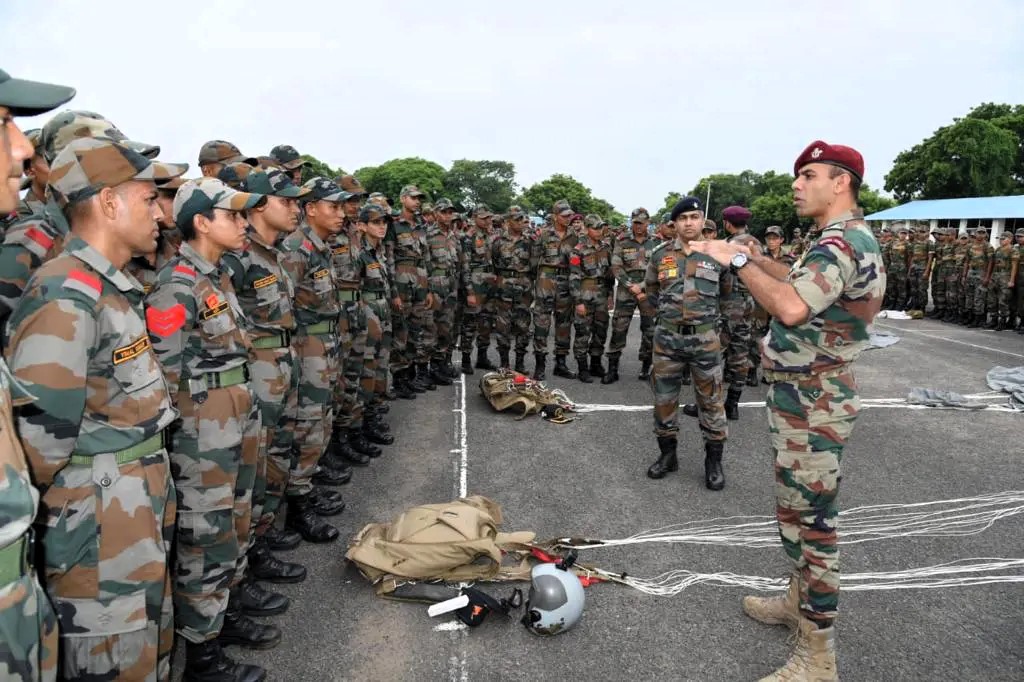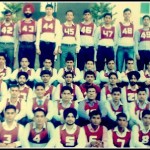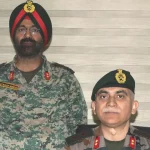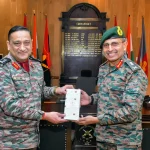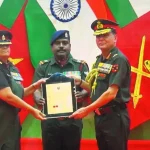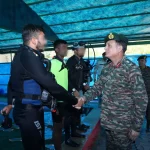The Command Task is a pivotal element of the Group Testing Officer (GTO) tasks in the selection process for defense forces, especially noted in the Services Selection Board (SSB) assessments.
Unlike other group tasks that operate on a leaderless basis, the Command Task places you squarely in the role of a commander, testing not just your leadership skills but also your ability to strategize, communicate effectively, and execute a plan under pressure.
Here’s an in-depth look at the nuances of the Command Task and strategic tips on how to navigate it successfully.
Understanding the Command Task
The Command Task stands out as a critical assessment tool for GTOs to evaluate a candidate’s leadership potential, decision-making capability, and the ability to command respect and cooperation from peers.
In this task, candidates are assigned a physical challenge that they must overcome within a set timeframe, using specific resources and the assistance of chosen subordinates from their group.
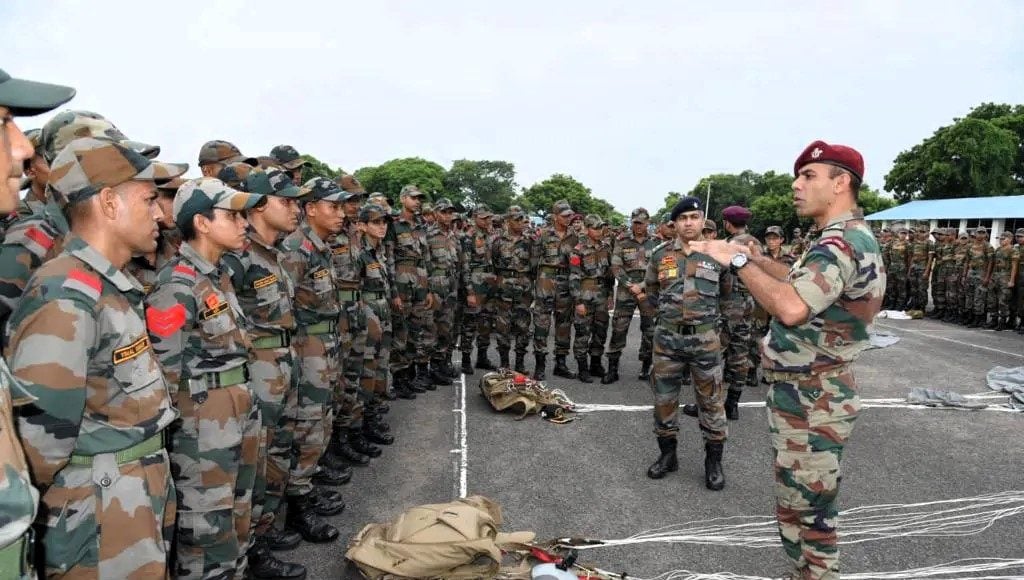
The nature of the task assigned varies based on the candidate’s previous performance in GTO tasks. High performers can expect more challenging tasks, while those who have struggled may be assigned simpler tasks. This differentiation is designed to assess candidates’ abilities to handle tasks commensurate with their perceived capabilities.
Preparation and Strategy
Success in the Command Task hinges on a candidate’s mental agility, leadership demeanor, and tactical planning. Here are several tips to help candidates prepare and excel:
- Active Listening and Clarification: Pay close attention to the GTO’s instructions and clarify any doubts immediately. Understanding the task fully before beginning is crucial for formulating an effective strategy.
- Strategic Planning: Take a moment to assess the task, resources available, and potential challenges. Formulate a broad strategy that is flexible yet goal-oriented. Logical thinking and common sense are your best allies in developing a viable plan.
- Selection of Subordinates: Choose your subordinates wisely, based on your understanding of their strengths and weaknesses. This decision is critical, as these individuals will play a significant role in the execution of your plan.
- Clear Communication: Once your plan is in place, explain it clearly to your subordinates. Ensure they understand their roles and the overall strategy to foster a cooperative and motivated team environment.
- Adaptability: Be prepared to modify your plan if circumstances change or if it becomes apparent that your initial approach is not working. Flexibility and the ability to think on your feet are essential qualities of a good leader.
- Encouragement and Respect: Treat your subordinates with respect and encourage them throughout the task. A positive and respectful leadership style will motivate your team to perform to the best of their abilities.
- Stay Calm and Positive: Maintain your composure, even if the task becomes more challenging. A calm and optimistic demeanor will help you think clearly and maintain the confidence of your team.
- Cooperation as a Helper: When it’s not your turn to lead, be a cooperative and supportive subordinate. This not only aids the current commander but also demonstrates your team spirit and loyalty.
Evaluation Criteria
The GTO assesses candidates on various dimensions during the Command Task, including leadership, problem-solving ability, adaptability, and the capacity to work under stress.
This task also provides the GTO an opportunity to revise any previous assumptions about a candidate, offering a deeper insight into each individual’s capabilities and potential as a leader.
Conclusion
The Command Task is a unique opportunity to showcase your leadership qualities, strategic thinking, and ability to perform under pressure. By following the strategies outlined above, candidates can approach this task with confidence and demonstrate their potential to become effective leaders.
Whether your task is simple or complex, the key to success lies in how you command, communicate, and adapt to the challenges presented. Remember, every task is an opportunity to shine and move one step closer to achieving your aspiration of serving in the defense forces.

